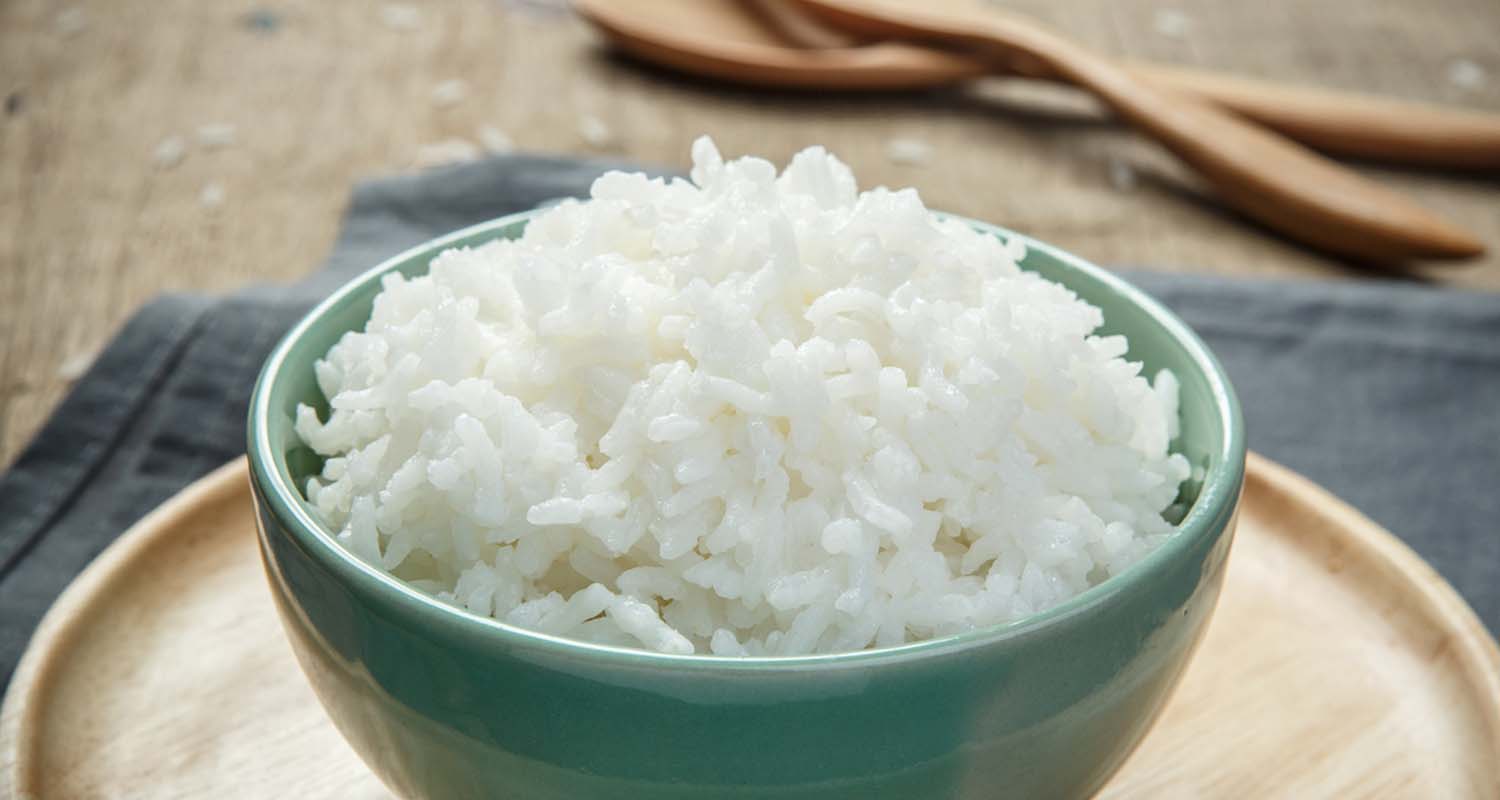When it comes to cooking, rice is a staple food that has found its place in cuisines all around the world. However, many of us are unaware of the benefits that come with boiling rice with coconut oil. This simple addition can transform not only the taste and texture of your rice but also contribute to its nutritional value. By incorporating coconut oil into your rice cooking routine, you can elevate a basic dish into a delightful culinary experience.
Cooking rice with coconut oil is not just about flavor; it's also about health. Coconut oil is rich in medium-chain triglycerides (MCTs), which are known for their potential health benefits. These fats are easily digestible and can provide a quick source of energy. Moreover, the addition of coconut oil during the cooking process can make the rice less sticky and easier to separate, enhancing the overall dining experience.
If you're curious about how to incorporate this simple yet effective method into your cooking routine, you're in the right place. This article will guide you through the process of boiling rice with coconut oil, answering all your questions, and providing tips and tricks along the way to ensure you get the perfect fluffy rice every time.
What Are the Benefits of Boiling Rice with Coconut Oil?
Boiling rice with coconut oil offers several advantages that can enhance both the cooking process and the nutritional profile of the rice. Here are some key benefits:
- Healthier Cooking: Coconut oil is known for its health benefits, including improving metabolism and aiding in weight loss.
- Less Sticky Rice: Coconut oil helps to coat the rice grains, making them less sticky and easier to fluff.
- Enhanced Flavor: The subtle taste of coconut oil can add a delightful flavor to the rice.
- Nutrient Absorption: Cooking rice with coconut oil may help improve the absorption of certain nutrients in the rice.
How Do You Boil Rice with Coconut Oil?
Boiling rice with coconut oil is a straightforward process that anyone can master. Here’s a simple step-by-step guide:
- Measure the desired amount of rice and rinse it under cold water to remove excess starch.
- In a pot, add the appropriate amount of water (generally, a 2:1 ratio of water to rice).
- For each cup of rice, add about 1 teaspoon of coconut oil to the water.
- Bring the water to a boil, then add the rinsed rice.
- Cover the pot, reduce the heat to low, and let it simmer until the rice is cooked (approximately 15-20 minutes).
- Fluff the rice with a fork and serve.
Can You Use Any Type of Coconut Oil?
When boiling rice with coconut oil, the type of coconut oil you choose can impact the flavor and nutritional benefits. Here are some options:
- Refined Coconut Oil: This type has a neutral flavor and high smoke point, making it ideal for cooking.
- Unrefined (Virgin) Coconut Oil: This option has a stronger coconut flavor and is less processed, retaining more nutrients.
What Type of Rice Works Best with Coconut Oil?
Not all rice types are created equal, and some varieties work better with coconut oil. Here are a few recommendations:
- Jasmine Rice: Known for its fragrant aroma, jasmine rice pairs beautifully with coconut oil.
- Basmati Rice: This long-grain rice has a unique flavor profile that complements coconut oil.
- Brown Rice: For a healthier option, brown rice can also be cooked with coconut oil, adding a nutty flavor.
How Can You Make Coconut Oil Rice Even More Flavorful?
If you're looking to take your coconut oil rice to the next level, consider these flavor-boosting ideas:
- Add herbs and spices such as garlic, ginger, or cilantro.
- Incorporate vegetables like peas, bell peppers, or carrots during the cooking process.
- Mix in nuts or dried fruits for added texture and taste.
Is Boiling Rice with Coconut Oil Suitable for Everyone?
While boiling rice with coconut oil has many advantages, there are a few considerations:
- People with specific dietary restrictions should consult with a healthcare professional.
- Those who are allergic to coconut should avoid using coconut oil altogether.
What Are Some Common Mistakes When Boiling Rice with Coconut Oil?
Even though boiling rice with coconut oil is simple, there are common mistakes that can lead to less-than-perfect results:
- Using too much water can lead to mushy rice.
- Not rinsing the rice thoroughly may cause excess starch, making the rice sticky.
- Not allowing the rice to rest after cooking can result in uneven texture.
Can You Store Leftover Coconut Oil Rice?
Yes, you can store leftover rice cooked with coconut oil. Here’s how to do it properly:
- Allow the rice to cool completely before transferring it to an airtight container.
- Store in the refrigerator for up to 4-5 days.
- Reheat thoroughly before consuming.
Unraveling The Mystique: The True El Cucuy Meaning
The Significance Of "Flag On The Play" In Football Culture
Unveiling The Mystery: Is Miss Rachel Married?


